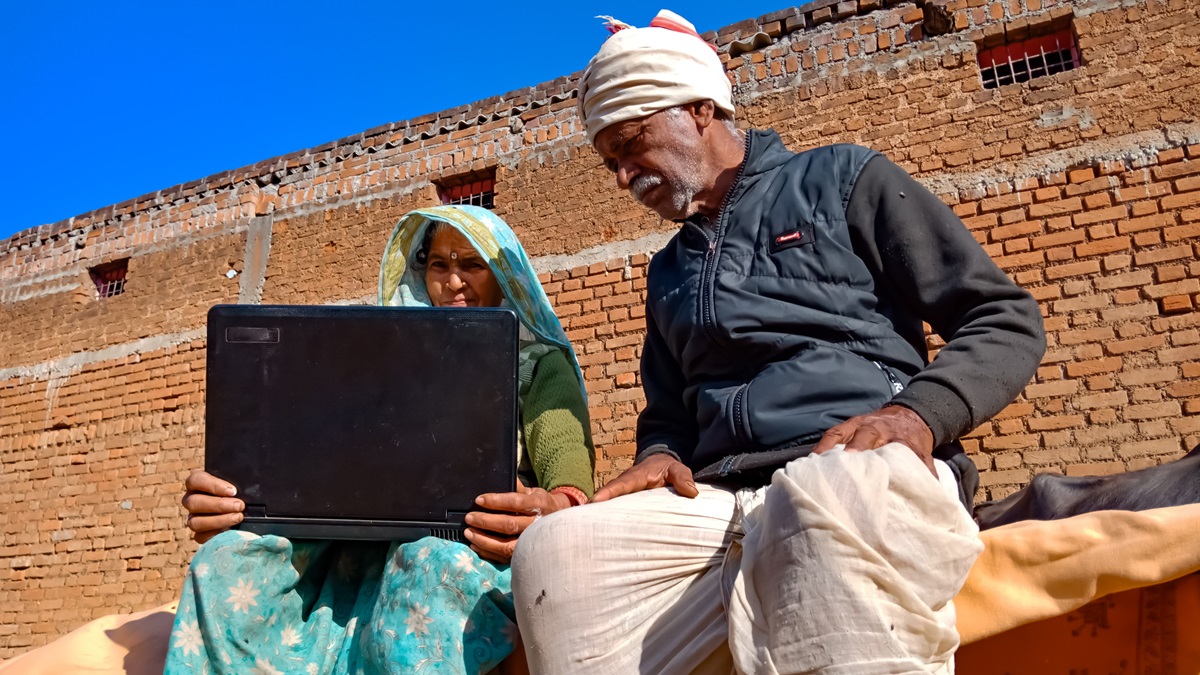Governments of developing nations worldwide are examining measures to curb anti-competitive practices in digital markets without stifling innovation.
© Shutterstock/NEERAZ CHATURVEDI
The digital economy's rapid expansion has led to growing concerns about market concentration.
In 2009, no digital technology companies were among the top five global companies in terms of market capitalization. But by 2023, Apple, Microsoft, Alphabet and Amazon were on the list.
The world’s largest digital platforms control most stages of the data value chain – from collection and transmission of data to storage and analysis. Tech giants Alibaba, Amazon, Facebook, Google and Tencent have expanding their combined share of global digital advertising revenue from 50% in 2015 to over 70% by 2022.
Efforts to balance innovation and regulation
Competition authorities worldwide are examining policy options to curb anti-competitive practices in digital markets without stifling innovation.
A growing number of countries have enhanced their competition law frameworks or implemented new regulations specifically targeting digital platforms. They’re also using soft-law instruments such as guidelines, market studies and analysis, as well as strong law enforcement.
“This trend has been observed not only in developed countries but also in some developing countries and emerging economies,” said Teresa Moreira, head of UNCTAD’s competition and consumer policies branch.
India, for example, is considering a Digital Competition Bill to better regulate practices such as self-preferencing, data practices that limit consumer choice and “killer acquisitions” – buying emerging competitors to stifle future competition.
Also, China has revised its competition law to encourage innovation while explicitly prohibiting monopolistic practices in digital contexts, such as data, technology and platform terms and conditions.
In Brazil, a draft bill proposes allowing the telecommunications agency to regulate, inspect and sanction powerful digital platforms.
“However, a clear worldwide consensus has not appeared yet regarding the most effective tools or frameworks for addressing competition concerns arising from digital platforms,” Ms. Moreira said.
She added that many developing countries’ competition authorities face challenges due to their limited experience, lack of resources and legal obstacles to enforce the companies located overseas.
What are the best options for developing countries?
At UNCTAD eWeek 2023, competition experts from governments, academia and the private sector explored policy options for developing countries to promote competition in digital
Doris Tshepe, head of South Africa’s Competition Commission, shared the country’s experience using market inquiry powers, highlighting that such an approach offers more flexibility than “strict regulation of big-tech firms”.
Experts noted that while legislative regulation can be effective, developing countries often face resource constraints. Introducing or amending legislation, or establishing a new regulatory entity, could be time-consuming and require significant resources. Also, a weaker competition culture and enforcement in these countries can hamper the effectiveness of legislation.
Cooperation and collaboration are key
Victor Oliveira Fernandes, commissioner of Brazil's Administrative Council for Economic Defense, emphasized the importance of international cooperation in addressing digital market competition, citing Brazil’s successful collaboration with BRICS and other Latin American countries.
He said that a collaborative approach, which includes engaging businesses in regulatory discussions, fosters a deeper understanding of the challenges and potential solutions.
Ms. Moreira pointed out that UNCTAD events like eWeek provide platforms for global collaboration and knowledge sharing.
“Consumers in all parts of the world deserve the same protections, not just those in the jurisdiction where a specific regulatory action was taken,” she said.
To craft effective solutions, UNCTAD recommends that developing countries’ competition authorities gain a comprehensive understanding of digital market dynamics, consider their country’s specific context and ensure coordination with other public bodies and stakeholders, both domestically and internationally.

